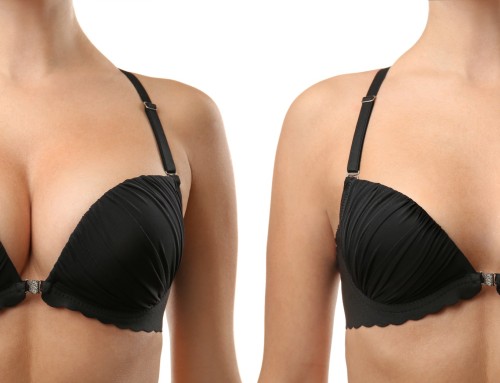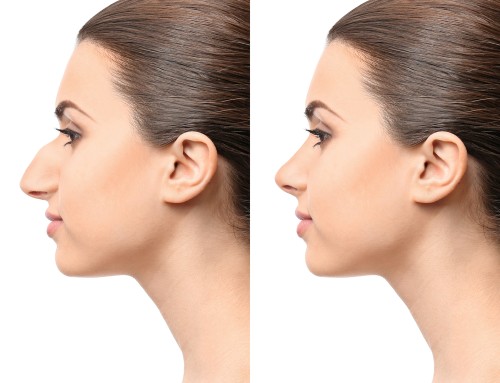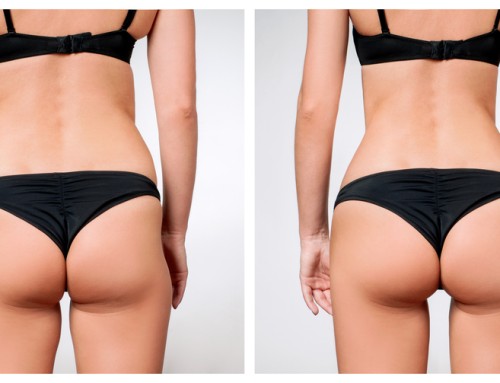COVID-19’s presence in our life for the foreseeable future means we’re all thinking about immunological health more. It’s logical that if you’re thinking about cosmetic surgery or have one scheduled, you’d want to think about how the treatment might affect your immune system.
Plastic surgery involves piercing the skin’s surface and reshaping the underlying tissues. This will trigger your system to go into overdrive to begin repairing incisions and fighting infection. A safe procedure plan, on the other hand, should not have a detrimental impact on your immune system; rather, it should activate it. As a result, the more durable it is, the better.
The good news is that prepping your immune system for plastic surgery involves many of the same best practices for fighting off other types of infections—and, while your immune system is a complicated set of systems, you can concentrate on a few crucial variables.
4 Crucial Elements for a Healthy Immune System
Sleep, stress reduction, nutrition, and exercise are all essential components of general health and, as a result, of a strong immune system.
1. Getting enough sleep is essential.
Your immune system will have a tougher time defending your body from infection and repairing incisions if you don’t get enough sleep. Because you aren’t up and moving during sleep, your involuntary biological systems have more energy to complete their work. Your brain can concentrate on your body, which is secreting hormones to heal tissues and blood vessels, control inflammation, and produce white blood cells to fight infection. If you don’t get enough sleep, your recuperation will take longer and be more difficult.
Attempt to go to bed at the same hour every night.
Reduce your exposure to blue light at night (computer, phone). Your circadian cycles are influenced by the light, which tricks your brain into thinking it’s still daytime.
Caffeine should not be consumed late in the day.
Establish a nightly routine that includes winding down, such as taking a bath, listening to relaxing music, meditating, or reading.
2. Maintaining a low level of stress
The link between stress and immunity is difficult to measure scientifically. We do know, however, that stress inhibits the immune response, so it’s always a good idea to recognize its sources (which are different for everyone) and learn how to handle it. Meditation and other relaxation practices, especially those that can become routines, are beneficial in reducing stress. According to Harvard Medical School, there are a few tried-and-true treatments that can help when used on a daily basis:
- Muscle relaxation that is progressive
- Meditation for mindfulness
- Qi Gong, yoga, and tai chi
- Prayer that is repeated
- Visualization with a guide
3. Nutrition that is good for you
What you eat has a huge impact on how effectively your body heals following surgery. Diets high in artificial trans and saturated fats have been demonstrated to make it more difficult for your white blood cells (your immune system’s army of defense) to execute their job. Inflammatory foods, such as processed meat and refined carbohydrates (think cakes, cookies, sweets, and sugary drinks), can further sabotage your immune system and delay the healing process. Another thing to examine and eliminate in order to enhance your immune system is alcohol.
Of course, nutrition isn’t only about avoiding certain foods. We recommend that you eat leafy greens, berries, fatty salmon, mushrooms, broccoli, tomatoes, and other full, fresh foods to enhance your immune system and reduce inflammation. For dessert, try a serving of healthy dark chocolate!
4. Exercise on a regular basis to keep your body healthy.
Exercise improves mood, immunity, and blood circulation, all of which aid healing, but you’ll need to start exercising well before your surgery date to reap these benefits (after surgery, movement will be limited while you recover). In the months preceding up to their treatment, we recommend that all patients exercise consistently. You’ll not only feel better before surgery, but you’ll heal faster as well! If sticking to a workout routine has proven difficult, consider utilizing a trustworthy fitness app to motivate and assist you.









